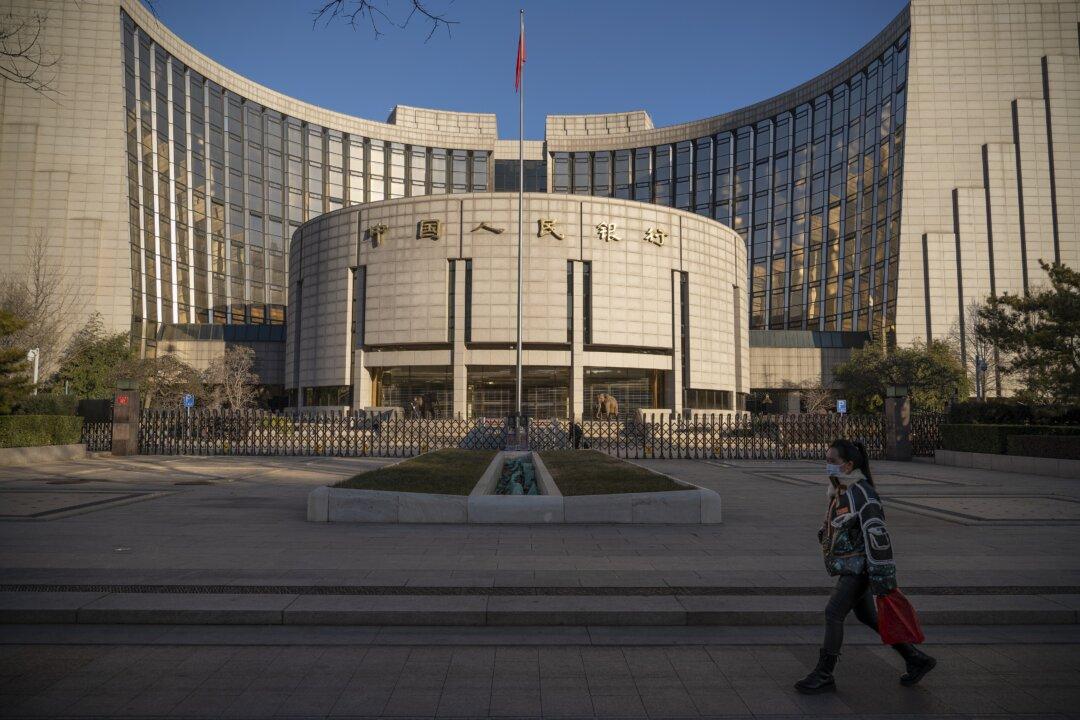News Analysis
China’s Ministry of State Security (MSS) has expanded its powers to become the new leading force in maintaining financial stability amid an economic slowdown.

China’s Ministry of State Security (MSS) has expanded its powers to become the new leading force in maintaining financial stability amid an economic slowdown.